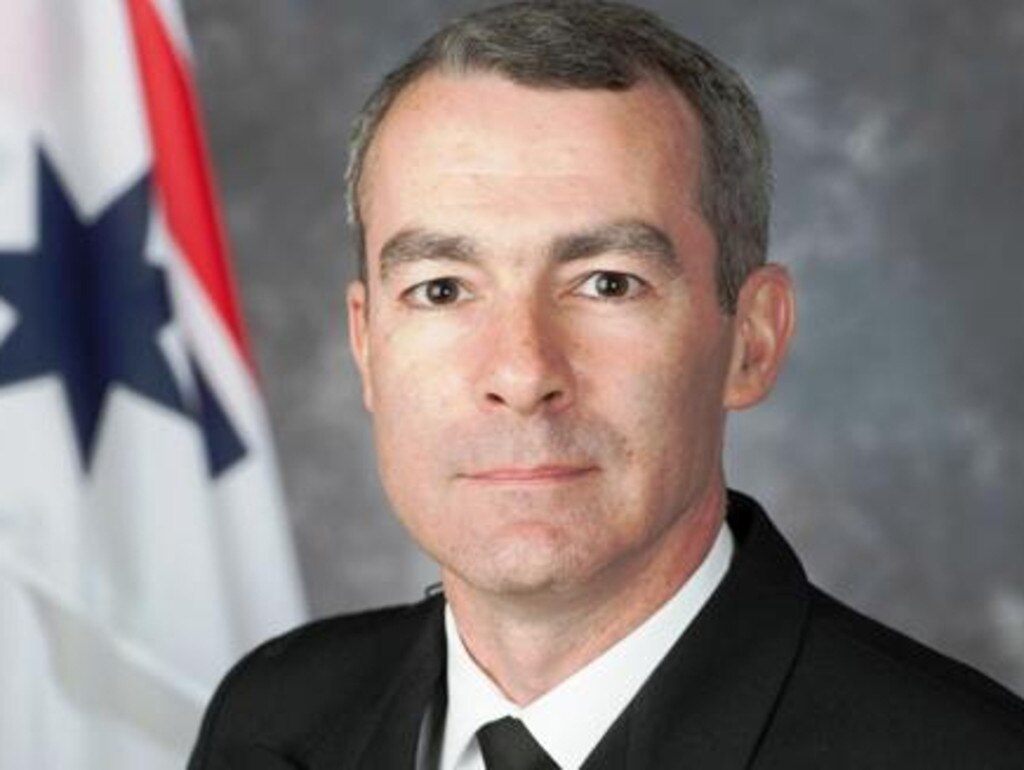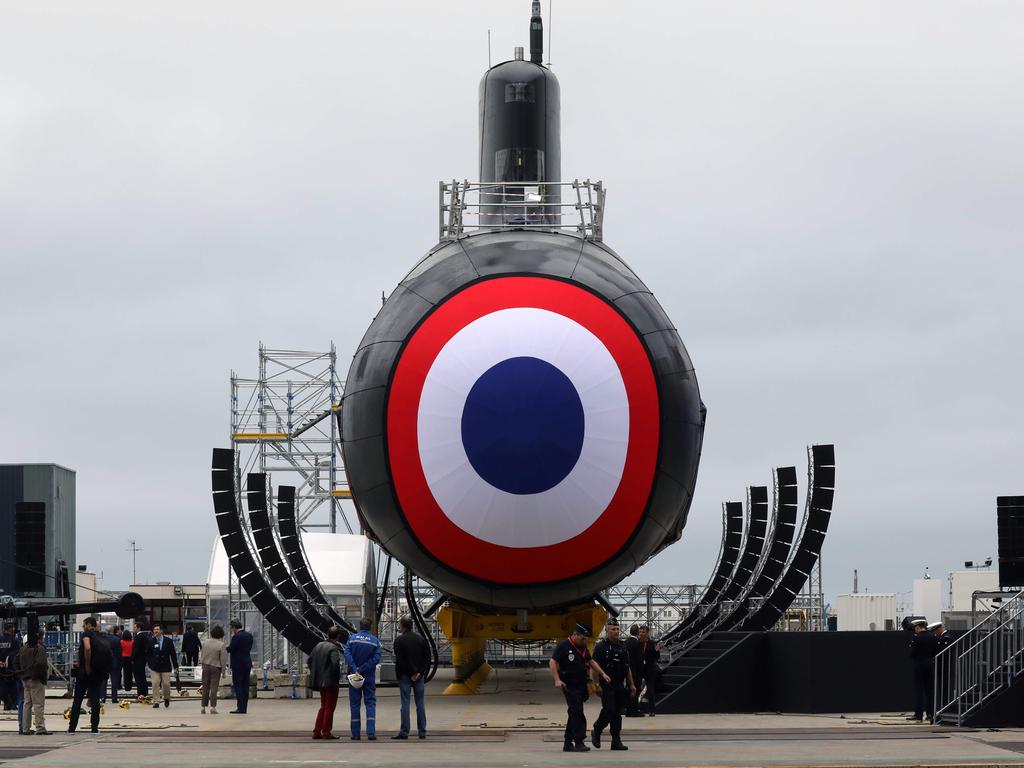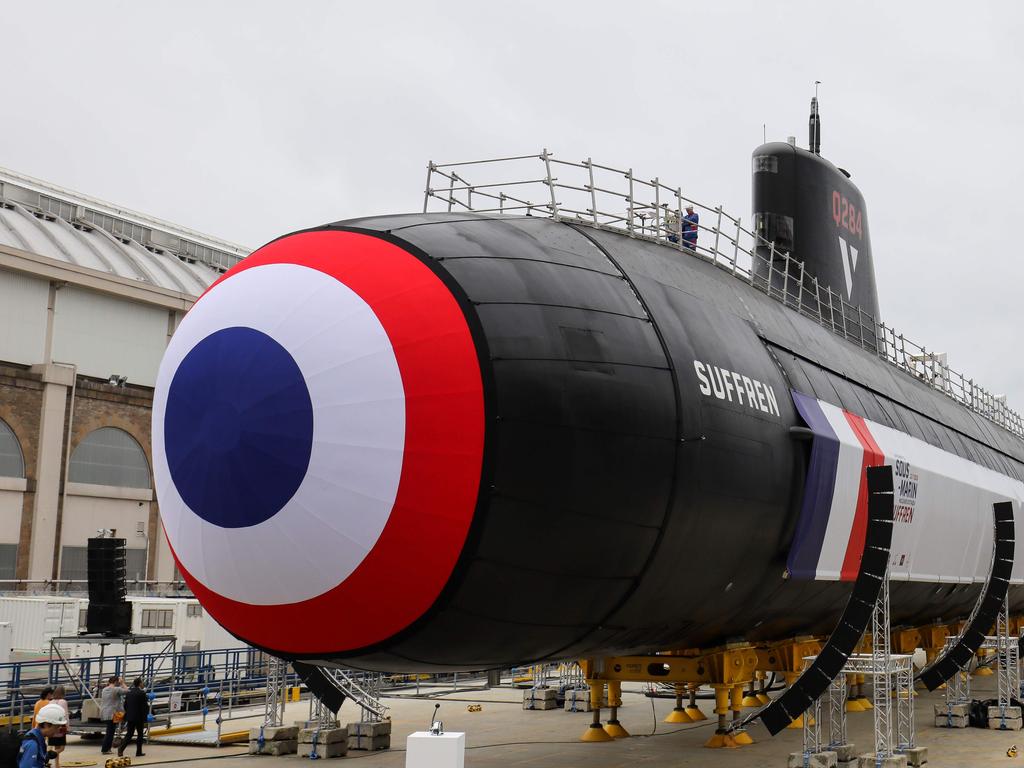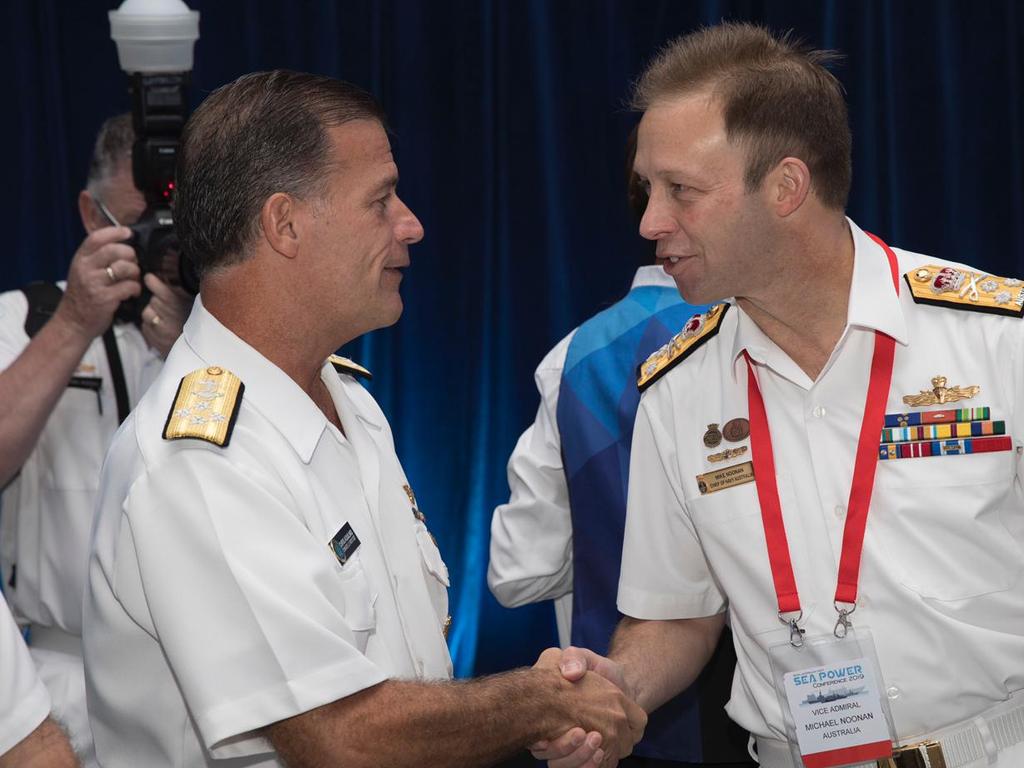Security experts warn of military threat from Chinese marine project
Strategic experts are alarmed by a CSIRO link to a Chinese marine institute that undertakes military-related research.

Strategic experts have expressed alarm at a CSIRO partnership with a top Chinese marine science institute that undertakes military-related research, including the development of a satellite-based laser to detect foreign submarines.
The Centre for Southern Hemisphere Oceans Research is a joint project between the CSIRO and China’s Qingdao National Laboratory for Marine Science and Technology to better understand ocean temperatures and currents, and the role they play in climate change.
It is headed by CSIRO chief research scientist Cai Wenju, who is also a professor at the Qingdao laboratory, which leads China’s “Transparent Ocean” initiative.
The laboratory’s Project Guanlan, launched in May 2018, aims to use satellite-mounted light detection and ranging technology (LIDAR) to pinpoint submarines at depths of up to 500m.
The lab also undertakes research with Russia in the Arctic Circle, and is known for its analysis of big data — from satellite sensors, underwater drones and “intelligent buoys” — to enable real-time understanding of the marine environment.
The five-year, $20m partnership comes as Australia invests $224bn in 12 new Future Submarines, which are scheduled to be in service into the 2080s.
Ross Babbage, a former head strategic analysis at the Office of national Assessments, said China’s doctrine of “civil-military fusion” — openly championed by President Xi Jinping — meant any data obtained under the partnership would be made available for Chinese military uses.
“There is no question that everything that is gathered as part of this joint activity will be available for national security purposes for the Chinese,” Dr Babbage said.
He said this data could also potentially be used by China’s next-generation nuclear-armed submarines to lurk off Australia’s coastline.
“Part of their requirement here is to find locations, often remote locations, where these submarines can be deployed — places that are quiet and remote, and where they feel they can be left alone,” he said.
The Australian Strategic Policy Institute’s Michael Shoebridge said there were many legitimate uses for such climate-focused research, “along with some potentially powerful military applications” as well.
“How different layers in the water column operate and how they circulate is key to undersea operations,” the ASPI defence program director said. “You hide under layers of water, and sound doesn’t travel evenly through different layers of water.”
Mr Shoebridge said there needed to be far greater transparency about such research partnerships “so as not to hand important advantages to the Chinese military”.
According to an online article posted by the Qingdao lab, CSIRO’s Professor Cai will play a key role at the Chinese institution.
“In the future, Cai Wenju will lead the establishment and implementation of major national scientific research projects in the marine and climate research field as a leading scientist of the National Marine Laboratory, and promote the smooth implementation of the national ‘Belt and Road’ and National Marine Laboratory’s ‘Transparent Ocean’ strategy,” the report said.
Professor Cai also is named in multiple Chinese language reports as being part of the Chinese government’s prestigious “Thousand Talents Plan” — a Chinese Communist Party initiative to recruit overseas scientists — and is head of the Qingdao laboratory’s “Aoshan Talents Plan”.
Both programs offer lucrative allowances and research funding.
A CSIRO spokesman said Professor Cai was not a Thousand Talents Plan scholar and received only travel costs in his role with the Aoshan Talents Plan.
The spokesman said his professorship at the Qingdao laboratory was honorary and offered no remuneration. And he added that the CSIRO, as a globally connected science agency, collaborated extensively with research institutes around the world.
“CSIRO has due diligence guidelines for identifying and understanding potential risk associated with engaging with external parties,” the spokesman said.
He said to enable such collaboration, CSIRO employees were often members of affiliate research institutes, committees and other bodies both in Australia and overseas, but were required to declare all conflicts of interests.
The Morrison government last year announced a crackdown on foreign interference in Australia’s universities, introducing sweeping new rules requiring researchers to disclose all their dealings with foreign countries and donors.
However, the new guidelines, which will scrutinise foreign payments, travel and honorary titles, will not cover CSIRO staff.








To join the conversation, please log in. Don't have an account? Register
Join the conversation, you are commenting as Logout